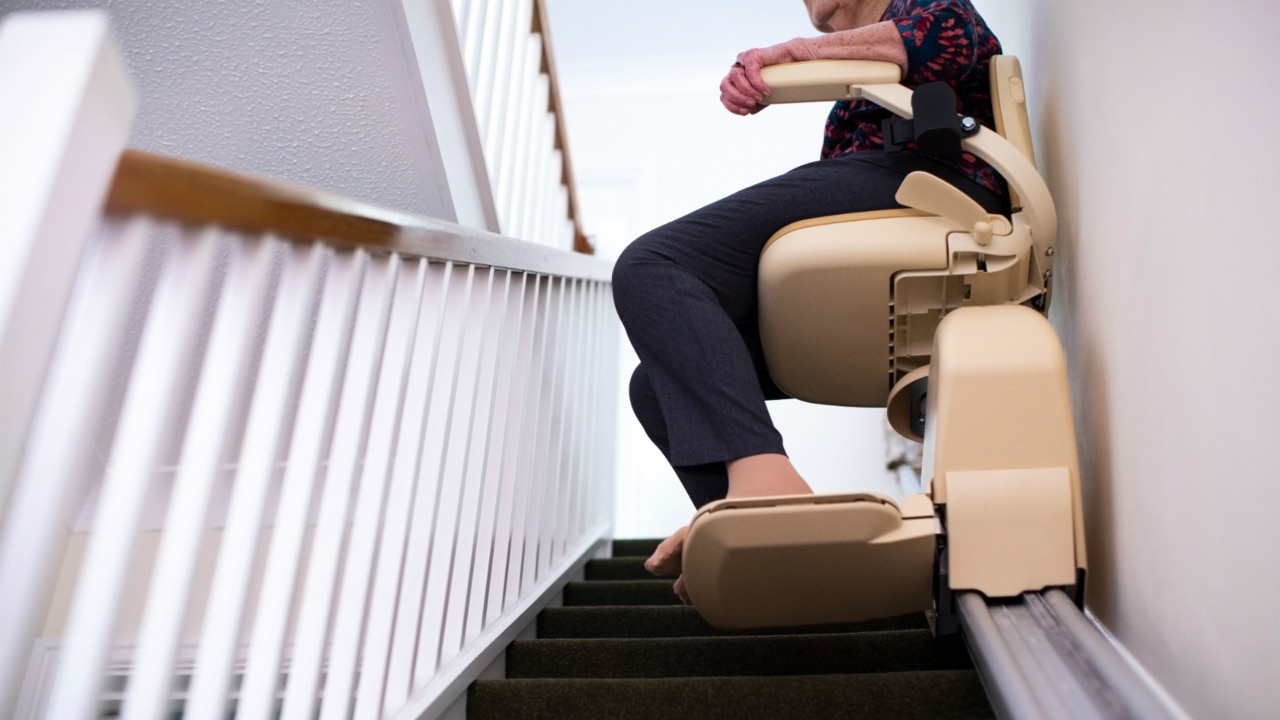Disability Royal Commission proposes legal shake-up to protect disabled Australians
The Disability Royal Commission has urged for a major legal overhaul that would see disabled Australians properly compensated when abused or neglected by NDIS service providers.

The Disability Royal Commission has urged for a major legal overhaul that would see disabled Australians properly compensated when they are abused or neglected by NDIS service providers and changes to laws that would force employers, schools and service providers to proactively prevent disability discrimination.
In a final report tabled after four-and-a-half years of investigating the violence, abuse and neglect perpetrated against Australians with disability, the Royal Commission recommended a new Disability Rights Act be put in place, to translate the international human rights of people with disability into domestic law.
“The Disability Discrimination Act 1992 creates little incentive for employers, schools, service providers and other duty-holders to take active measures to prevent disability discrimination,” the report stated.
“A key aim of the proposed Disability Rights Act is to take a preventive approach, so people with disability do not experience violence, abuse, neglect and exploitation – or other breaches of their human rights – in the first place.”
People With Disability Australia president Nicole Lee said disabled Australians were harassed and discriminated against in their workplaces, schools and in public settings.
“We want to be involved in redefining (laws) and what they mean for our community. So what does free and equal access before the law mean for us?” she said.
“We need to be in the driving seat moving forward and won't accept anything less than that.”
One of the most immediate law changes recommended by the Commission was for involuntary sterilisation of people with disabilities to be prohibited in all states and territories by the end of 2024.
“Our inquiry was told about women and girls with disability being subjected to involuntary sterilisation – that is, irreversible surgery that permanently prevents reproduction, performed without full, free and informed consent,” the Commissioners said.
“As a matter of some urgency, the Australian, State and Territory governments should amend their laws to forbid non-therapeutic sterilisation procedures on girls and boys and on adults with disabilities without their full and free consent”

The Royal Commission also recommended changes similar to those made last year to the Sex Discrimination Act, which puts the onus on companies to eliminate sexual harassment and discrimination through a “positive duty”.
“We recommend the creation of a new positive duty under the Disability Discrimination Act, to take reasonable and proportionate measures to eliminate all forms of discrimination, including harassment and victimisation, on the ground of disability,” the Commissioners said.
“The duty should apply to all current duty holders under the DDA, including public and private sector entities. This recommendation is based on the December 2022 amendments to the Sex Discrimination Act.”
Sex Discrimination Commissioner Anna Cody would this month not rule out fines being enforced on companies that failed to uphold the new positive duty, which will be effective from December, but said the short-term focus would be educating businesses on their obligations.

The Disability Commissioners noted that when abuse and neglect occurred in disability settings, several of the NDIS service providers investigated “did not provide any form of redress to people who experienced violence, abuse, neglect or exploitation while in their care”.
“A range of redress options should be available. This includes apologies, compensation, reimbursement of fees, credits for services and other practical remedies or supports that respond to the needs of a person with disability who has experienced harm,” the final report stated.
“To ensure redress is offered to NDIS participants where appropriate, we recommend NDIS Incident Management and Reportable Incidents Rules … and the NDIS Complaints Management and Resolution Rules be amended.”
Social Services Minister Amanda Rishworth said the message of the Royal Commission’s report is clear, but did not commit to any recommendations on Friday put forward by the Commission, announcing instead a taskforce would assess the report over the next six months.
“The government is listening. We recognise the hurt and trauma people with disability have experienced and commit to a safer, more inclusive Australia for all people with disability,” she said.
The Commission recommended a new independent statutory body, the National Disability Commission, be set up to “monitor outcomes for people with a disability” and, where necessary, force NDIS providers to compensate those who they mistreated.
“The NDIS Commission should be given power to require NDIS service providers to consider redress and forms of support when it forms the view that the service provider bears responsibility for the violence, abuse, neglect or exploitation experienced by an NDIS participant,” the Commissioners said.







To join the conversation, please log in. Don't have an account? Register
Join the conversation, you are commenting as Logout